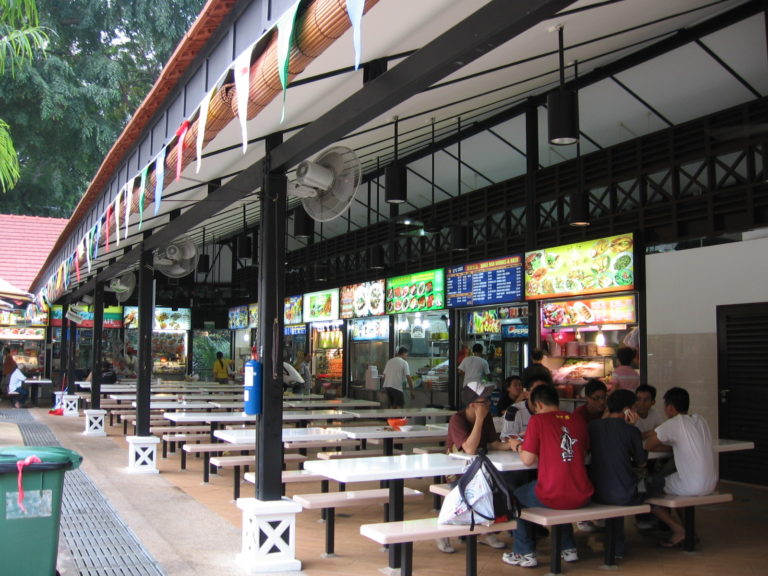This essay examines the film Crazy Rich Asians and its surrounding celebratory discourse in order to consider the relationship between multicultural media production and contemporary power dynamics. Crazy Rich Asians has been exalted by the public as a win for diversity, representation, and racial progress. Yet the film is not an anomaly but part of a larger trend in mainstream U.S. television and film that have begun to proliferate shows with “diverse” casts and “progressive” storylines such as Black Panther, Master of None, and To All the Boys I’ve Loved Before, among others. I argue that the contemporary multicultural era has given rise to a common narrative of racial reconciliation, in which inclusion within hierarchy is rendered synonymous with redemption from racial violence. I term this narrative a “multicultural redemption narrative,” and suggest Crazy Rich Asians illuminates how it works. Specifically, this narrative does the discursive and ideological work of constraining the imaginative boundaries of liberation, such that liberation can only be imagined as wielding the very systems of oppression one seeks to escape.
Articles by Corinne Mitsuye Sugino
Corinne Sugino is a PhD student in the Department of Communication at the University of Pittsburgh. Her research interests lie at the intersection of Asian American racialization, anti-blackness, multiculturalism, and rhetorical studies.
Review of Postcolonial Grief: The Afterlives of the Pacific Wars in the Americas by Jinah Kim (Duke University Press)
Jinah Kim’s Postcolonial Grief engages with the transnational politics of grief, mourning, and militarization across the Pacific. By examining literature and film produced by Japanese and Korean persons across the Asian diaspora, Kim reveals the ways in which loss and melancholia act as insurgent cultural forces. She considers how, despite silencing mechanisms which valorize narratives of reconciliation and pathologize the grief of colonized subjects, colonialism continues to haunt the present. A rich engagement with the overlapping histories of violence across the Pacific, Kim effectively and carefully considers the relationship between liberal narratives of reconciliation, loss, and colonial violence.

